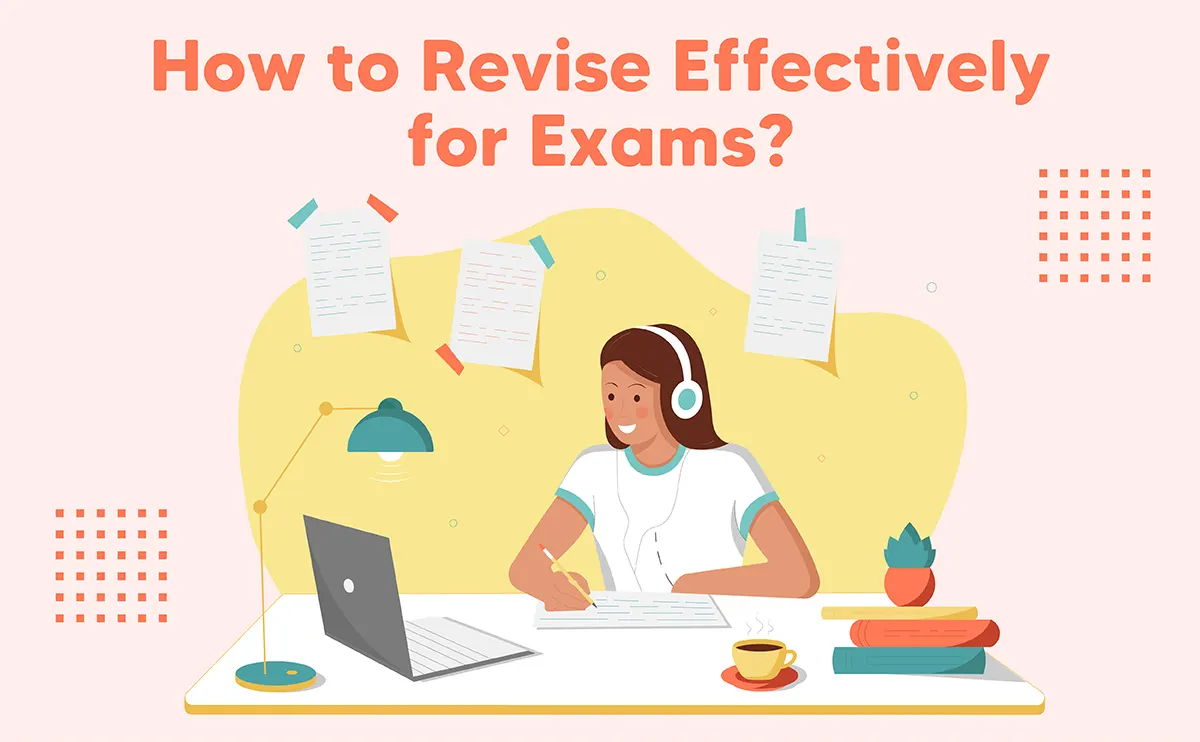

Passing History and Political Education for S1-S4 Made Easy; In Uganda, History and Political Education is a core subject that is taught in secondary schools to students in Senior 1 to Senior 4 (ages 13-16). The subject covers a wide range of topics, including the history of Uganda, African history, world history, and political systems. Students learn about key historical events, such as the rise of civilizations, colonization, independence struggles, and the Cold War.
In addition to learning about historical events, students also study different political systems and ideologies, such as democracy, communism, and socialism. They analyze how political systems are shaped by historical events and how they impact society. Students also learn about the role of government, citizenship, and human rights in a democratic society.
The goal of teaching History and Political Education in Ugandan secondary schools is to help students understand the past and present socio-political landscape, develop critical thinking skills, and become informed and responsible citizens.
History and Political Education is a subject taught in secondary schools in Uganda. It is part of the social sciences curriculum and aims to provide students with an understanding of historical events, political systems, and civic education. Here’s a brief overview of History and Political Education in Uganda:
Overall, History and Political Education in Uganda seeks to equip students with a broad understanding of historical events, political systems, and civic engagement. It plays a crucial role in developing informed and responsible citizens who can actively participate in shaping the country’s future.
To excel in History and Political Education, here are some strategies and tips that can help you succeed:
1. Develop a study plan: Create a study schedule that allows you to allocate dedicated time for studying history and political education. Break down the topics into manageable sections and set specific goals for each study session.
2. Understand the curriculum: Familiarize yourself with the curriculum or syllabus to identify the key topics and concepts you need to master. Pay attention to the learning outcomes and assessment criteria to understand what is expected of you.
3. Read extensively: History and political education require a solid foundation of knowledge. Read textbooks, reference books, scholarly articles, and reputable online resources to gain a comprehensive understanding of the subject matter. Take notes and summarize important points for future reference.
4. Analyze primary and secondary sources: History often involves analyzing primary sources such as historical documents, speeches, and artifacts. Develop your skills in critically analyzing these sources to extract relevant information and interpret their significance. Additionally, study secondary sources written by historians and scholars to gain multiple perspectives on historical events and political theories.
5. Engage in active learning: History and political education are not just about memorizing facts; they require critical thinking and analysis. Engage in active learning techniques such as group discussions, debates, and writing essays that help you apply your knowledge and develop a deeper understanding of the subject matter.
6. Participate in class discussions: Class discussions are an excellent opportunity to deepen your understanding of historical and political events. By participating in discussions, you’ll have the chance to hear different viewpoints and develop your ability to articulate your own ideas.
7. Take thorough notes: When attending lectures or reading, take detailed notes to capture important concepts, arguments, and examples. Review and organize your notes regularly to reinforce your understanding and make connections between different topics.
8. Create visual aids: Visual aids such as mind maps, charts, and diagrams can help you visualize and understand complex historical events, political theories, and relationships between different concepts. Create your own visual aids or find pre-made ones that can assist your learning process.
9. Practice critical writing: Develop your writing skills by practicing critical analysis and argumentation in your essays and assignments. Support your arguments with evidence from primary and secondary sources, and ensure your writing is coherent, logical, and well-structured.
10. Stay updated with current events: Political education requires an understanding of contemporary politics and global events. Stay informed by reading newspapers, following news websites, and watching reputable news channels to understand how current events relate to historical and political concepts.
11. Seek clarification and feedback: If you have any doubts or questions, don’t hesitate to seek clarification from your teachers or classmates. Actively participate in class discussions and ask for feedback on your assignments to understand areas where you can improve.
12. Review and revise: Regularly review your notes, textbooks, and other study materials to reinforce your understanding. Create a revision plan closer to exams and allocate ample time to revise all the topics.
13. Practice past exam papers: Familiarize yourself with the exam format and practice answering past exam papers under timed conditions. This will help you understand the types of questions asked and develop effective strategies for managing your time during exams.
Remember, achieving excellence in History and Political Education requires consistent effort, critical thinking, and a genuine interest in the subject matter. Stay organized, stay motivated, and don’t hesitate to seek help when needed. Good luck!
Are you in need of a new gambling game to pass the time? Do you…
ENFUMO ZA BUNYORO KITARA."""""""""""""""""""""""""""""""""""""""""""""""""""""" Ababiri bamira ebigambo, abasatu babisaturura Abagenda babiri baijukyangana Abaingi banobwa atubire…
You can download WAKISSHA JOINT MOCK EXAMINATION UACE 2024 AGRICULTURE PAPER 5152 marking guide Download…
You can access the Wakissha 2024 senior four mock exams question papers for different subjects…
The Uganda national Examinations Board (UNEB) has released the 2024 Primary Leaving Examinations, Uganda Certificate…
Download the exam Below 208_1_NLSC_Sample_24Download Download the Scoring / Marking Guide Here 208_1_NLSC_Sample_24_GuideDownload CLICK HERE…
Leave a Comment